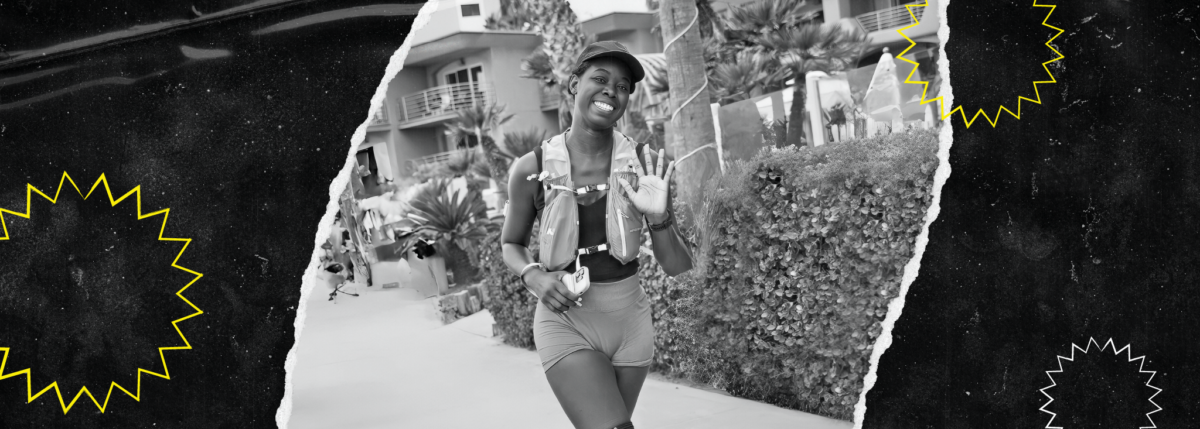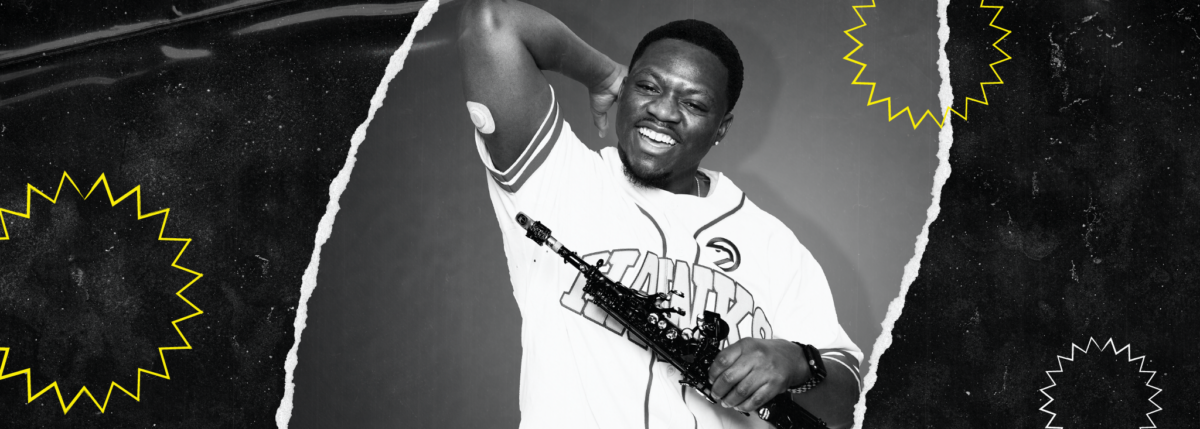Incorporating a Latinx Lens for Mental Health During COVID-19
Written by: Mariana Gomez
6 minute read
July 6, 2020
As I prepared to write this piece I had to do my own personal research. My family and I moved from México to the United States in July 2019. We have spent a lot of time trying to learn as much as we can to better understand systemic racism in this new home of ours and learn how to work towards a difference. It is our duty not only to learn as parents, but to teach a 13-year-old who is watching, learning and is ready to join in any possible way to help his peers.
What I’ve learned? There is major work to be done in health policies, programs and campaigns that address social determinants of health, health disparities, risk factors and to build health services for the Hispanic/ Latinx population alongside other ethnicities and races.
Because of a lack of easily accessible or fair health services, the Hispanic and Latinx population in the US will pay a high mental health and emotional well-being price during the COVID-19 pandemic. According to Minority Health, poverty levels among these groups will also have an important impact on emotional health.
“Poor access to care due to low rates of insurance, immigration status, language and cultural barriers in healthcare which can include differences between provider-patient in explanatory models of illness and families as the gatekeepers can limit entry into treatment.” (Cortes et al, 2008) as read in the Handbook of Multicultural Mental Health Assessment and Treatment of Diverse Populations.
Talking about Latinx population includes different sub-groups. Us Latinx are a diverse community. Most of us come from different countries and speak different languages. Yes, Spanish is the official language but some will speak native tongues as well.
I am a Mexican Diabetes Educator who believes that talking about Latinx culture in the diabetes space requires us to work on more topics besides food and language barriers in our practice. Diabetes education must include programs that recognize our many cultural differences as well.
We need more Latinx researchers, professors and conference speakers guiding these efforts in order to build better, stronger but also culturally appropriate strategies and programs. The work we’ve been able to see so far is indeed amazing, but how about incorporating a “Latinx lens” when talking about us Latinx populations and our health needs? Addressing our emotional health is even more complex as these cultural differences should be included in the different programs designed to help.
I found Salud Latina some years ago in a twitter conversation and felt immediately drawn to their mission “to lead the creation of culturally relevant multimedia research, tools and stories to fuel people to start and support policy, system and environmental changes in schools and communities to improve Latino child health, reduce disparities and promote health equity and a culture of health.”
To explore and learn more about these disparities and the way our mental health is being addressed nowadays, I spoke with Rosalie Aguilar, project coordinator for the Salud America! program at University of Texas Health San Antonio.
During the COVID-19 pandemic, is there a need for culturally and linguistically-oriented mental health care for the Hispanic/Latinx population?
Rosalie: Yes! For Latinos and other people of color, COVID-19 has caused disproportionately higher rates of cases and death, job loss and other inequitable impacts.
Many are also experiencing more mental health issues than in previous eras, according to Dr. Madeline Aviles-Hernandez, the outpatient services director at the Gándara Center.
“This crisis is making life much more difficult for those [Latinos, African-Americans and other culturally diverse populations] we serve, including those in recovery and people who have yet to be treated for such problems as anxiety and depression,” Áviles-Hernández said in a statement. “Minorities have been—and continue to be—less likely to receive mental health treatment.”
The COVID-19 outbreak has resulted in forced isolation, school and business closure, massive job loss, food insecurity and a litany of other impacts outside of the illness itself.
These ramifications impact more than just physical health, but mental wellness, too, according to Cathi Tillman, the executive director and founder of La Puerta Abierta—a Philadelphia nonprofit providing mental health support to immigrant and refugee communities.
“People who were supporting themselves on some level now can’t,” Tillman told the Philadelphia Inquirer. “They’ve lost their jobs. They can’t congregate socially, or go to church, which is a big part of the community for many people. They can’t come into the office for therapy. For recent immigrants and refugees, the things that were already difficult are 100 percent more difficult now.”
How are these needs being addressed so far? What kind of help are these groups receiving and how is your organization and team working to provide support?
Rosalie: Various nonprofits are stepping in to help fill the gap, but there’s still a huge need for mental health care services and additional social support services. There’s also a need to help address the stigma involved with accessing these services.
Our organization is not involved with providing direct mental health care services. But at the Institute for Health Promotion (IHPR) at UT Health San Antonio, the headquarters of Salud America!, we do have a team of community health workers, promotoras, who provide patient navigation and reach out to patients in the Bexar County area to check up on them, provide social support and to help them connect with their health care providers. These services have been associated with less anxiety and depression among patients and fewer hospital readmissions.
There are other groups out there at the national level like NAMI that can also help connect people to services. We really also appreciate that Informed Immigrant, Immigrants Rising and FWD.us produced a 10-step guide to help mental health care providers respond to the distress of immigrants whose status is in flux due to ongoing changes to the Deferred Action for Childhood Arrivals (DACA) program, amid coronavirus. We wrote about it here.
Folks can also use findhelp.org or call 211 find support services in their areas. We actually got a chance to speak with the creator of findhelp.org, and tell the story of how he and his team were able to take on the herculean task of digitizing all the social services available in the United States, thus making it easy for people to find and apply for those resources.
How can us Latinx people in the non-profit and health space work and help you?
I think the important thing right now is to continue to do all we can to prevent the spread of COVID-19 with culturally appropriate messaging and also to continue to push for health equity in Latino communities. If you offer a support service that can be helpful to Latinos let us know, because the word needs to get out.
Also, share our materials on the Impacts of COVID-19 on Latinos and solutions. We have a bilingual infographic, a landing page on “Coronavirus and Latino Health Equity” and a list of actions that could help Latino communities.
- Infographic: https://salud-america.org/infographic-8-big-ways-coronavirus-impacts-latinos/
- Landing page: https://salud-america.org/coronavirus-latino-health-equity/
- Solutions: https://salud-america.org/19-ways-to-ensure-health-equity-for-latinos-during-and-after-coronavirus/
What is the biggest campaign you are working on and how can people and our readers join and help?
We are working on several things right now, including culturally aligned messaging to help stop the spread of COVID and also a campaign to help communities get their cities to declare racism a public health issue and commit to action. We know that racism coupled with the impacts of COVID-19 are detrimental to our population. Therefore, we need to do all we can to promote a culture of equity and to reduce bias.

Author
Mariana Gomez
Mariana is a diabetes educator and a licensed psychologist. In 2008, Mariana started a blog where she shares her experiences and diabetes knowledge with others and she began being an active advocate through social media. She is considered a diabetes influencer in Latin America and has participated in several conferences, events and TV shows dedicated to diabetes education in the last years. Mariana worked for the Mexican Diabetes Federation as communications manager helping to build and empower the diabetes community in Mexico. She is currently senior manager for emerging markets in Beyond Type 1.
Related Resources

Danica Collins not only prepared for one of the most challenging physical events of her...
Read more

Beyond Type 1 is spotlighting inspiring athletes with type 1 diabetes as they prepare for...
Read more

On November 3, 2024, Taylor Rindfleisch of Chicago laced up her running shoes for the...
Read more

